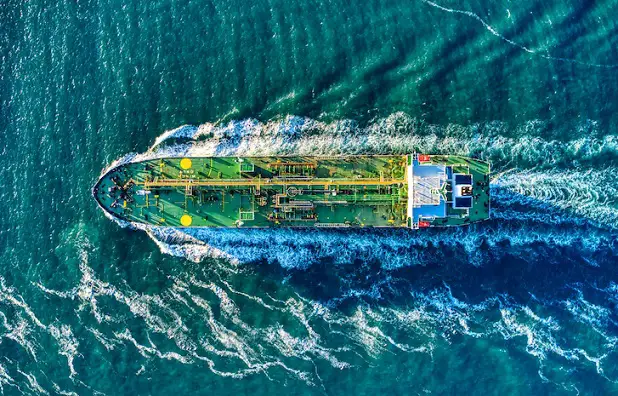Bloomberg reported Wednesday that EU lawmakers are negotiating a lower price cap for seaborne oil exports from Russia, at roughly $60 per barrel, according to sources familiar with the negotiations.
Since a week ago Europe has been unable to reach a consensus, with Poland, Estonia, and Lithuania all adamant that the proposed $65-$70 per barrel price cap was “too generous” to Moscow, and requesting it be instead set to $30 per barrel. At the same time, EU officials were receiving appeals from major shipping countries, including Greece, Malta, and Cyprus, who instead wished to see the price ceiling set at $70 per barrel.
The sources were unclear on whether all of the nations in both groups were in agreement on the $60 per barrel price cap, however they indicated that most do not object if the price cap is linked to other requests being satisfied. Although they noted talks are continuing, they said that the new price cap level is within the G-7’s targeted range.
The concept of the price cap was first introduced by the United States. It is designed to prevent the kind of market tightness and price spikes which would result if Russian crude were banned completely, while still preventing Moscow from profiting substantially from the high prices of oil since the invasion of Ukraine began. At the time it was proposed, it was theorized Moscow would be so desperate for funding it would assent to sell crude at the capped price.
However since the proposal has been debated, the price of oil has fallen substantially, off flagging global demand. At present, Russia’s flagship crude, Urals, is actually priced below the $60 cap, meaning the cap will have essentially no effect at this price.
In order to go into effect, the proposed price cap will have to be voted upon by all EU member states and the G7 group.
The EU is attempting to introduce the proposal before December 5th, when the EU’s wider suite of sanctions on Russian oil exports will take effect. The new sanctions will bar companies in the West from supplying insurance, brokerage, or financial services to any ships carrying Russian crude cargos unless the cargo was purchased at a price below the capped price.
If December 5th comes, and no price cap is specified, it is expected there will be a substantial disruption to crude oil markets.
In February the EU is scheduled to introduce similar sanctions, including another price cap on other Russian petroleum products.
For its part, Moscow has said it will refuse to sell crude to any nation which seeks to impose the cap, forcing a price below the market price Moscow has set.

